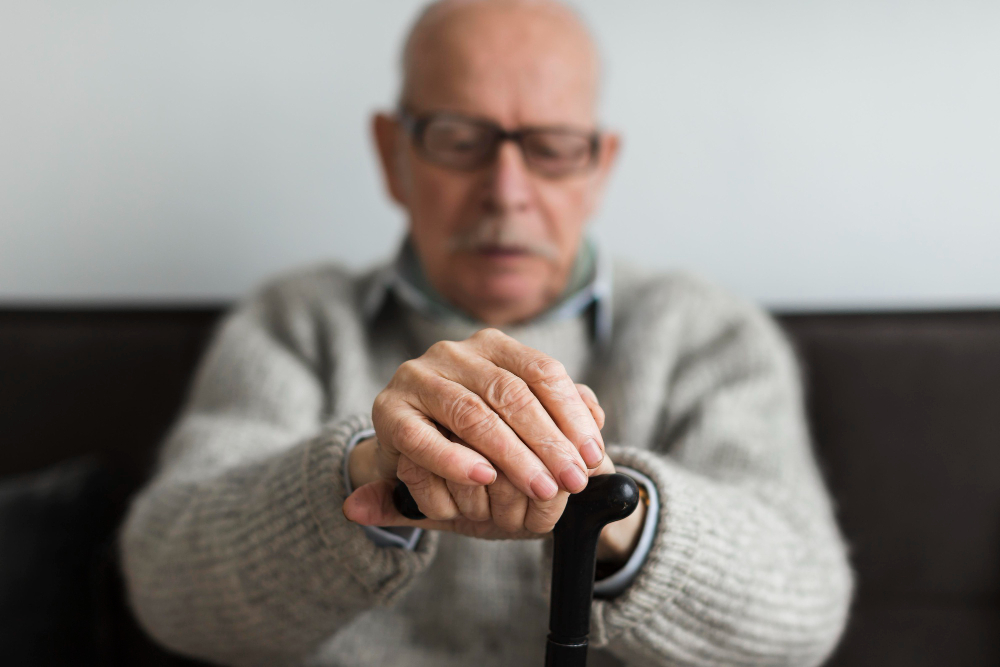Introduction
Parkinson’s disease is a brain disorder that affects movement. It often starts slowly and gets worse over time. Early Parkinson’s signs can be easy to miss, but noticing them can make a big difference. For many people, these early symptoms can affect daily life. However, with the right support, you can live better and manage the disease well. According to the World Health Organization (WHO), Parkinson’s disease affects millions worldwide. Early action can help you stay active and independent for longer.
Early Signs and Symptoms
Recognizing early Parkinson’s signs is important. These signs may appear before movement problems become clear. Some common early symptoms include:
Sometimes, these symptoms are mild. But if you notice more than one, it is wise to talk to a doctor.
Importance of Early Detection
Early detection of Parkinson’s can help you live better. When you spot early Parkinson’s signs, you can start treatment sooner. As a result, you may slow down the disease’s progress. Early care can also help you manage symptoms and keep your independence. In addition, knowing what to expect can reduce stress and worry. According to the CDC, early support leads to better health and quality of life. Therefore, do not ignore small changes in your body or movement.
Diagnosis Process
Doctors use several steps to diagnose Parkinson’s disease, especially in its early stages. First, they ask about your symptoms and medical history. Next, they do a physical exam to check your movement, balance, and reflexes. Sometimes, doctors may order brain scans to rule out other problems. However, there is no single test for Parkinson’s. Instead, doctors look for a pattern of early Parkinson’s signs. If needed, they may refer you to a neurologist, a doctor who specializes in brain diseases.
Treatment Options
There is no cure for Parkinson’s disease yet. Still, many treatments can help manage symptoms. Early treatment can help you live better with Parkinson’s. Common options include:
Doctors will choose the best plan based on your needs. Often, a mix of treatments works best.
Lifestyle Tips for Living Better
Besides medical care, healthy habits can help you live better with Parkinson’s. Here are some practical tips:
With these steps, you can manage daily challenges and stay positive.
Prevention and Risk Reduction
While there is no sure way to prevent Parkinson’s, some steps may lower your risk. For example, regular exercise can protect brain health. Eating healthy foods and avoiding toxins may also help. In addition, staying socially active and managing stress can support your well-being. Although you cannot control all risk factors, healthy habits make a difference.
Conclusion
“Recognizing early Parkinson’s signs can make a significant difference in managing the condition. Early detection and treatment can greatly enhance your quality of life. Remember, you’re not alone in this journey. Many individuals live well with Parkinson’s through proactive care and staying informed. If you notice early Parkinson’s symptoms, consult Dr. Pravallika Dutta, a specialist in neurology, for personalized advice and guidance.”
